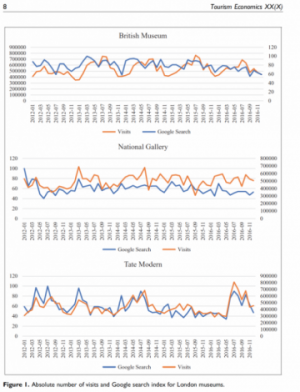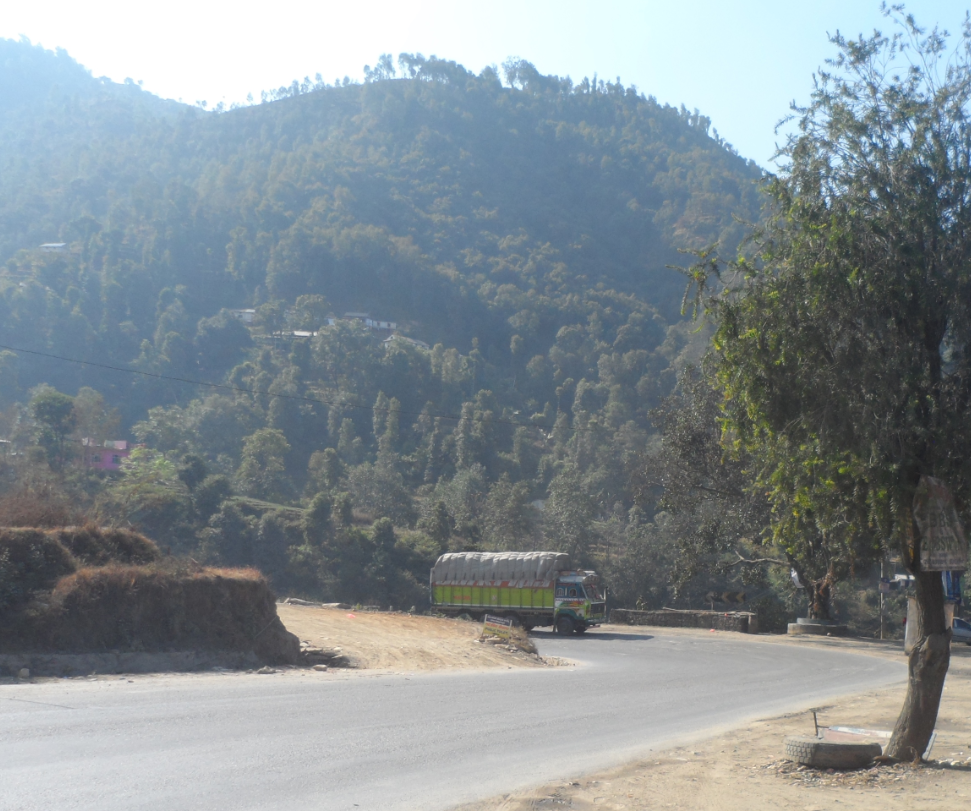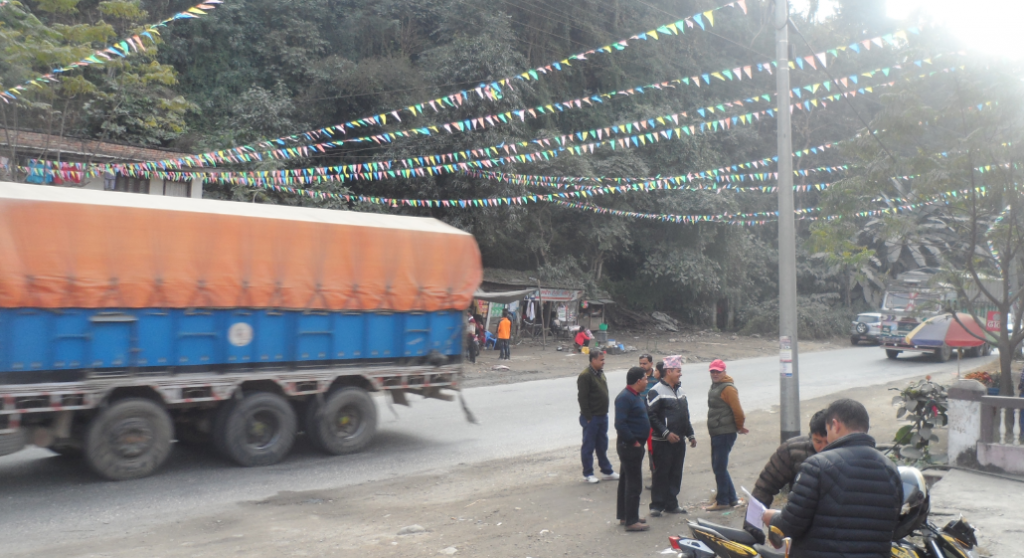New Paper Published – Volchek, K., Liu, A., Song, H., Buhalis, D. (2018). Forecasting tourist arrivals at attractions: Search engine empowered methodologies. Tourism Economics. https://doi.org/10.1177/1354816618811558
Abstract
Tourist decision to visit attractions is a complex process influenced by multiple factors of individual context. This study investigates how the accuracy of tourism demand forecasting can be
 improved at the micro level. The number of visits to five London museums is forecast and the predictive powers of Naïve I, seasonal Naïve, seasonal autoregressive moving average, seasonal autoregressive moving average with explanatory variables, SARMAX-mixed frequency data sampling and artificial neural network models are compared. The empirical findings extend understanding of different types of data and forecasting algorithms to the level of specific attractions. Introducing the Google Trends index on pure time-series models enhances the forecasts of the volume of arrivals to attractions. However, none of the applied models outperforms the others in all situations. Different models’ forecasting accuracy varies for short- and long-term demand predictions. The application of higher frequency search query data allows for the generation of weekly predictions, which are essential for attraction- and destination-level planning.
improved at the micro level. The number of visits to five London museums is forecast and the predictive powers of Naïve I, seasonal Naïve, seasonal autoregressive moving average, seasonal autoregressive moving average with explanatory variables, SARMAX-mixed frequency data sampling and artificial neural network models are compared. The empirical findings extend understanding of different types of data and forecasting algorithms to the level of specific attractions. Introducing the Google Trends index on pure time-series models enhances the forecasts of the volume of arrivals to attractions. However, none of the applied models outperforms the others in all situations. Different models’ forecasting accuracy varies for short- and long-term demand predictions. The application of higher frequency search query data allows for the generation of weekly predictions, which are essential for attraction- and destination-level planning.
Keywords: artificial intelligence, attractions, forecasting, Google Trends, search engine, tourist demand
 Every BU academic has a
Every BU academic has a  By clicking on this box, on the left of the Research Blog home page just under the text ‘Funding Opportunities‘, you access a
By clicking on this box, on the left of the Research Blog home page just under the text ‘Funding Opportunities‘, you access a 













 BU Professor has been invited to a series of plenary and invited lectures.
BU Professor has been invited to a series of plenary and invited lectures. Research reaching non-academic audiences
Research reaching non-academic audiences April’s Café Scientifique – Should we help machines understand and respond to our emotions?
April’s Café Scientifique – Should we help machines understand and respond to our emotions? Postgraduate Research Experience Survey (PRES) 2024 – 2 WEEKS LEFT
Postgraduate Research Experience Survey (PRES) 2024 – 2 WEEKS LEFT Working with The Conversation: online training session – Wednesday 8th May
Working with The Conversation: online training session – Wednesday 8th May Apply for up to £1,000 to deliver an event and take part in a national festival of public engagement with research
Apply for up to £1,000 to deliver an event and take part in a national festival of public engagement with research MSCA Postdoctoral Fellowships 2024
MSCA Postdoctoral Fellowships 2024 Horizon Europe News – December 2023
Horizon Europe News – December 2023